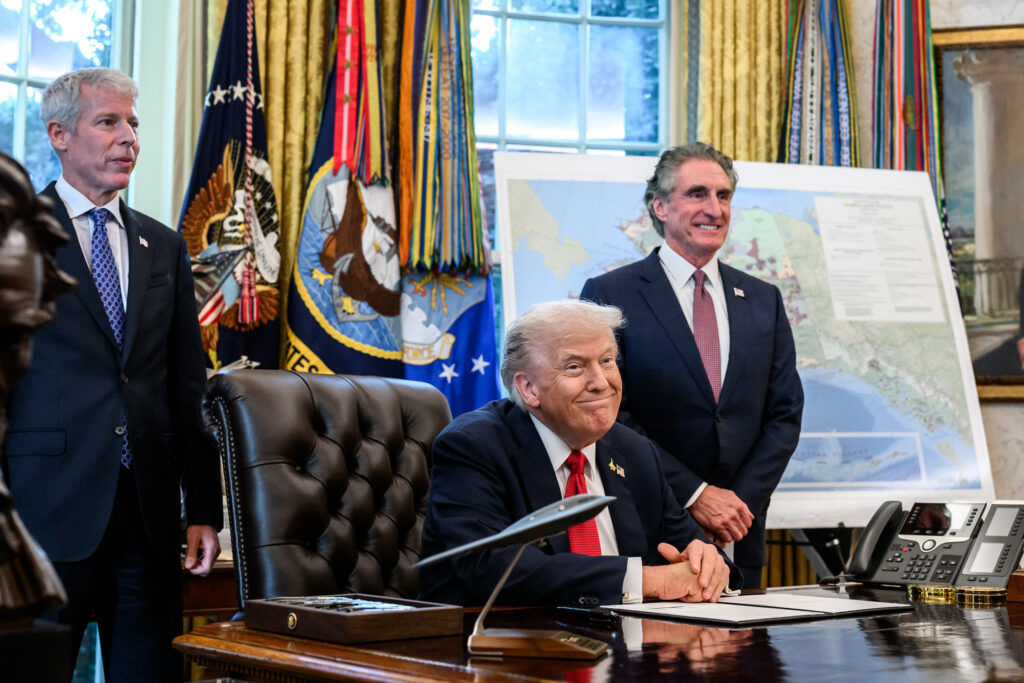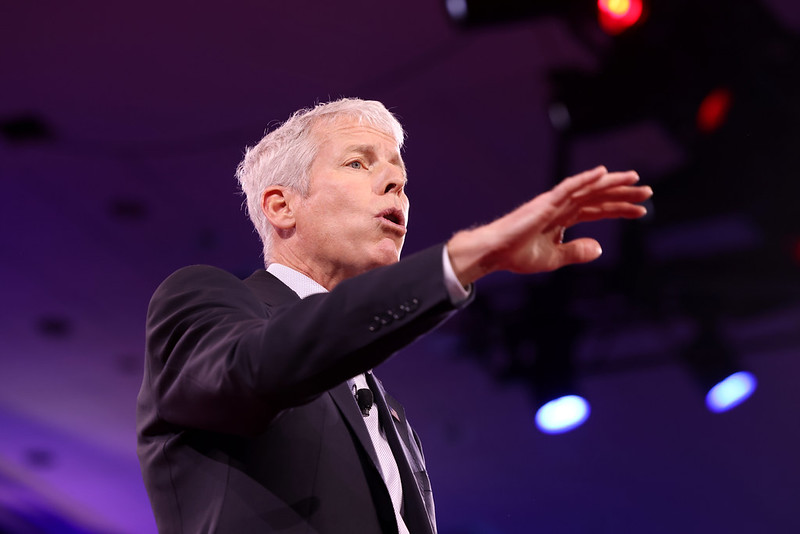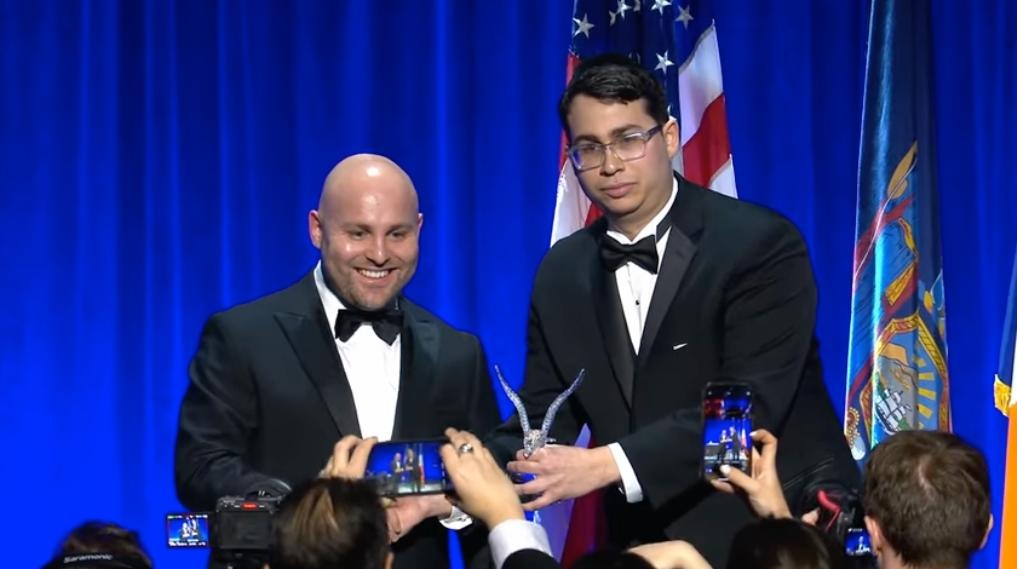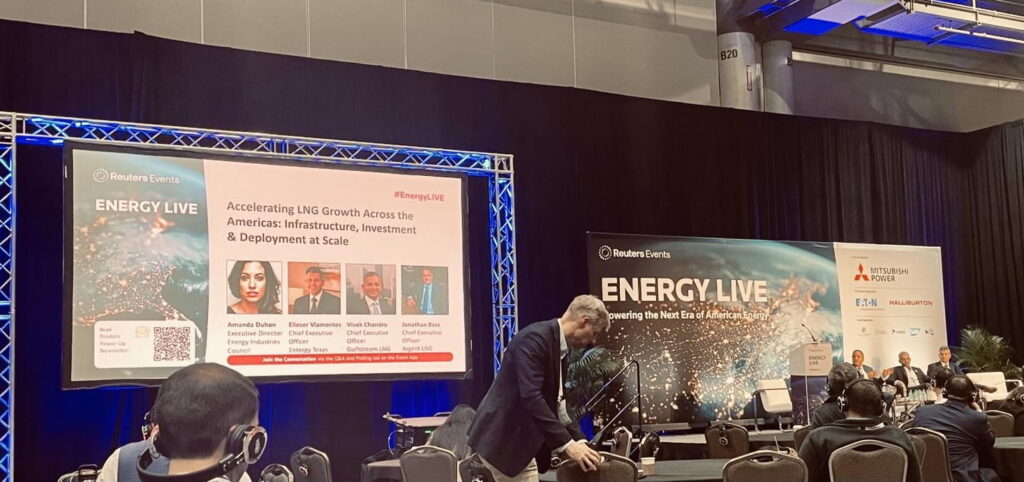IN AUSTRALIA, landholders are responding to the country’s rush to exploit massive reserves of unconventional coal seam gas with a simple but defiant gesture.
They’re locking their gates.
More than 100 environmental and land groups have joined the Lock the Gate Alliance, fearing the multi-billion dollar industry could threaten their land, their health and their food supplies.
But in Queensland, many fear their concerns have come too late. In the last 12 months, federal and state governments have approved three major projects in the state worth AU$66 billion (US$ 67 billion). As many as 35,000 wells will be drilled across the state, according to Government estimates.
The three projects, known as GLNG, QCLNG and APLNG, involve major national and international resources companies including BG Group, Santos, Petronas, Santos, ConocoPhillips, Total and Kogas.
But questions remain over the impacts of drilling and fracking on the viability of farm lands and vital underground water supplies, with a current Federal Senate inquiry now attempting to find answers.
Depending on the area, between 10-70 percent of the wells will be subjected to the controversial technique of hydraulic fracturing where water, sand and chemicals are injected into wells at high pressure to open up cracks in the coal seams to enable more gas to escape.
All three projects are geared for export. The gas is to be extracted with billions of litres of water from thousands of wells in rural areas and transported along pipelines to a facility on Curtis Island, off the port city of Gladstone, where the gas is compressed into LNG and exported, mainly to Asia.
Millions of tonnes of sediment will need to be dredged to create shipping lanes for the export terminal, raising fears for marine biodiversity.
Both Premier Bligh and Australian Prime Minister Julia Gillard spoke in glowing terms about the industry when they attended a ceremony to mark the beginning of work to build the Curtis Island export facility.
But UNESCO’s World Heritage Committee has in recent days requested a monitoring mission to the region after reportedly expressing “extreme concern” over the LNG export project.
The World Wildlife Fund has already warned the dredging would be “disastrous” for marine habitats and animals including dugongs, turtles and the native snubfin dolphin.
Back on land, Queenslanders living on residential blocks in the Tara area have been staging blockades to prevent Queensland Gas Company, owned by UK-based BG Group, from accessing their land. The protests have led to a number of arrests including those of Drew Hutton, a co-founder of the Australian Greens political party and Bob Irwin, father of the late Steve Irwin, the famous “Crocodile Hunter” so loved by Jay Leno.
Queensland Premier Anna Bligh has been a vocal supporter of the gas boom, saying the three major projects would add $3 billion to the state’s economy and provide 18,000 direct jobs.
But scrutiny of the industry’s developed has increased in recent weeks. The multiple potential impacts from the industry are being heard as part of a Federal Senate inquiry into the management of the country’s vital Murray Darling river basin, an area known as the nation’s food bowl.
The Rural Affairs and Transport References Committee has staged hearings across affected regional townships as part of the inquiry, before returning to national capital Canberra to hear more evidence.
The inquiry is looking at the impacts of coal seam gas mining on property rights and land values, groundwater, food production, social and economic issues and health. The inquiry is part of a broader investigation by the committee into the management of the Murray Darling Basin, the country’s most important agricultural region producing more than a third of Australia’s food.
There is evidence of a “gold rush” mentality, the inquiry has heard, as the industry was set to pour billions into the economy through employment, investment and through royalties paid to state governments.
Doctors for the Environment Australia expressed a long-list of concerns to the inquiry about the industry’s potential impact on human health.
But before drilling starts, landholders have complained that they have few rights to prevent mining companies from entering their land in the first place. When they do, some have complained they are not being fairly compensated.
Head of the New South Wales Farmers’ Association told a hearing that some landholders were not aware that exploration licences had been granted on their properties “until the explorer fronts at their gate”.
Other farmers have been forced to sign confidentiality agreements with gas companies, preventing them from discussing payments with other landholders or media.
During one hearing, National Party Senator Bridget McKenzie claimed that for every $1000 that one particular gas company made from each well, the landholder was receiving just 74 cents in compensation.
The Mayor of Moree Plains Shire Council, Katrina Humphries, expressed fears that the coal seam gas industry could seriously damage her region’s agricultural industry. She told the inquiry that the water from the Great Artesian Basin, used for growing food, feeding livestock and for drinking, was the region’s “lifeblood”.
“I don’t seem to be able to get any cast iron guarantees from anyone that they won’t be damaged somehow”.
“At the end of the day,’’ she added, “you cannot eat coal and you cannot drink gas.”
The committee is scheduled to report on its inquiry on 30 November.
Picture: Lock the Gate
Subscribe to our newsletter
Stay up to date with DeSmog news and alerts





